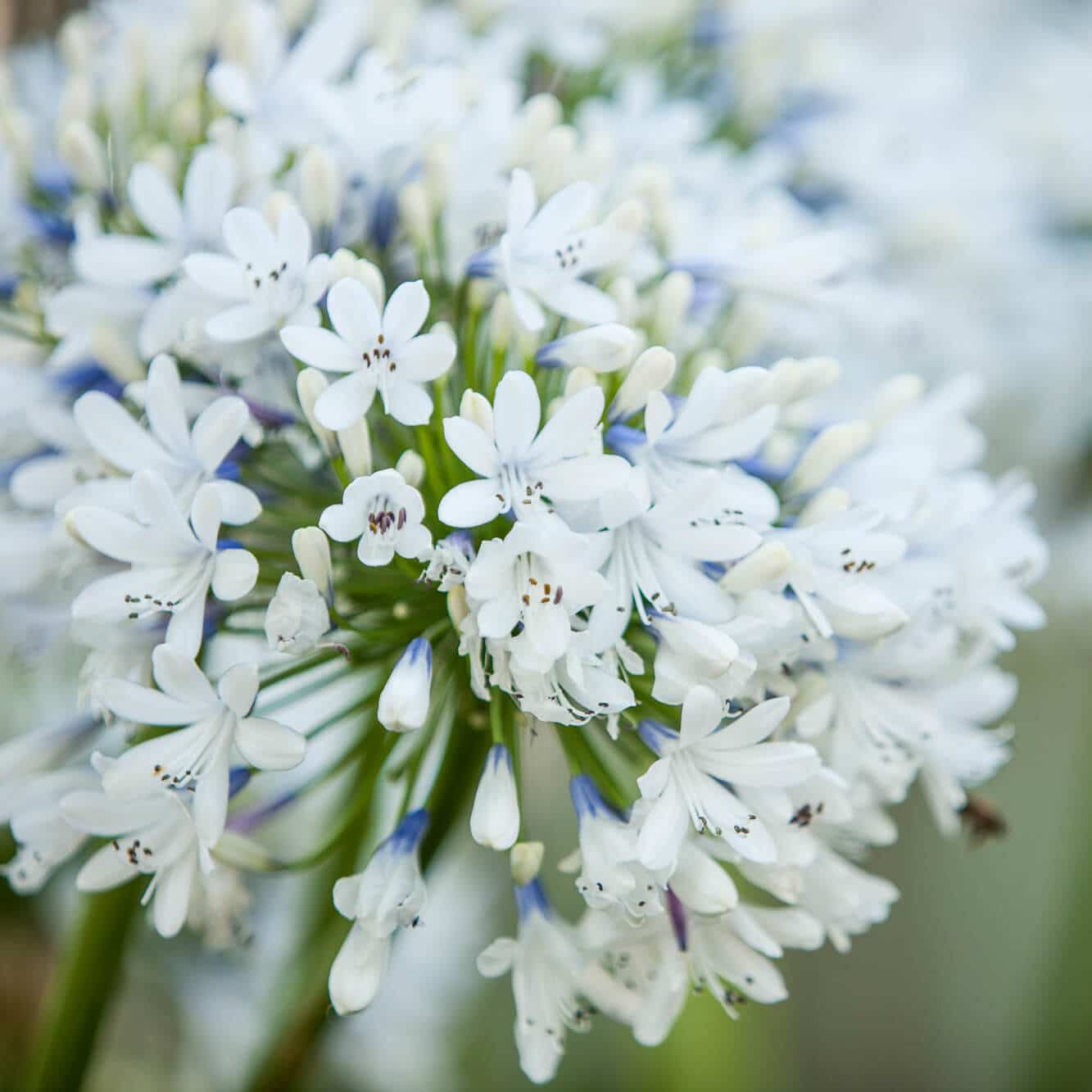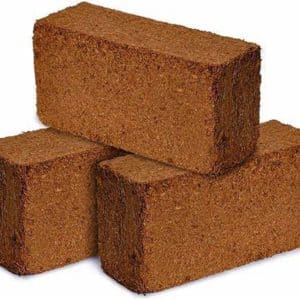The top 5 reasons to plant indigenous South African plants
Indigenous and fynbos

Gardens planted with exotic plants can be resource-intensive and high maintenance, requiring frequent watering, weeding and fertilisation. Embrace the eco-conscious movement of planting indigenous for a garden that’s kind to the earth, and to you.
A few more reasons to plant indigenous:
- Indigenous plants are hardy, even in drought
Once established, indigenous plants can eventually maintain themselves in poor soils with less or little water. Ultimately, indigenous varieties are water saving – they have especially developed to cope with the dry local conditions. Find out which indigenous plants are also drought-resistant.
- The sweet smell of home
The added benefit of indigenous plants is their wonderful perfume. With careful planning, one can enjoy a fragrant garden throughout the year. Some of our favourites are freesias, scented agapanthus, night-scented gladioli, the wild honeysuckle tree, sweet salvias, traveller’s joy, jasmine and the lemon-scented pelargonium.
- Indigenous plants make for practical gardening
Use indigenous greenery to create impenetrable barriers and block out sound, transforming your garden into a haven of security and tranquillity. An old favourite is the Kei apple, which can easily be trained into a hedge plant. Leave hedges in coastal gardens untrimmed and a bit wild so they also act as windbreaks.
- They attract a lively community of birds and wildlife
Many indigenous species attract birds and wildlife with their blooms, scent, fruit and insect life. By planning your indigenous garden carefully, you will create a safe and natural environment for abundant life. Find out which indigenous plants are bird-friendly
- Some indigenous plants can be used for medicinal purposes
Certain varieties are renowned for their medicinal properties by local tribes who have been using them as natural medicine for thousands of years. Tap into your local roots and learn which plants have medicinal properties and can be rubbed over your skin as a salve, brewed with your tea as a cold and flu remedy, or ground with other herbs as relief for all manner of ailments.
You might also like
Shop online
-
COCO COIR 650G
- R79.99
- Add to cart Learn More
-
TENAZOLE 100ML
- R229.99
- Add to cart Learn More




